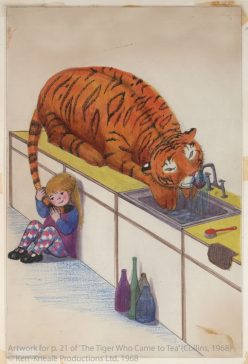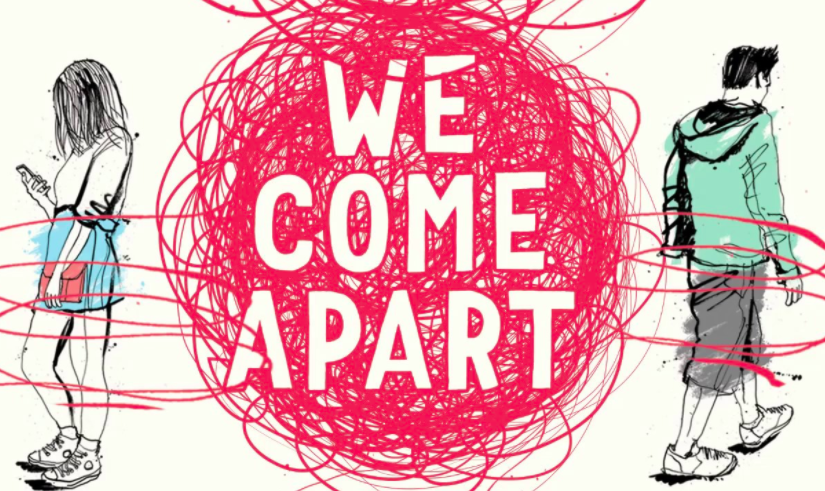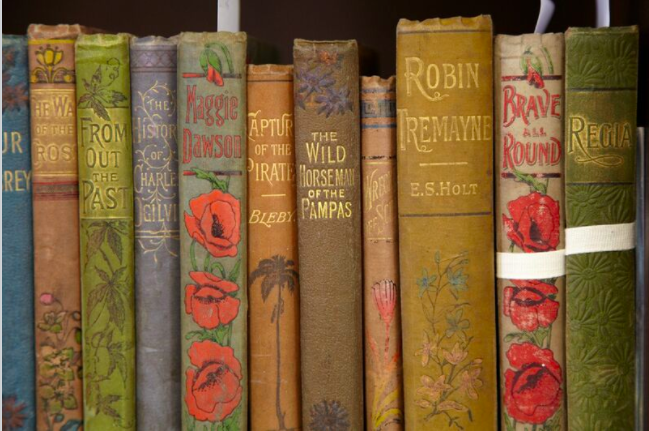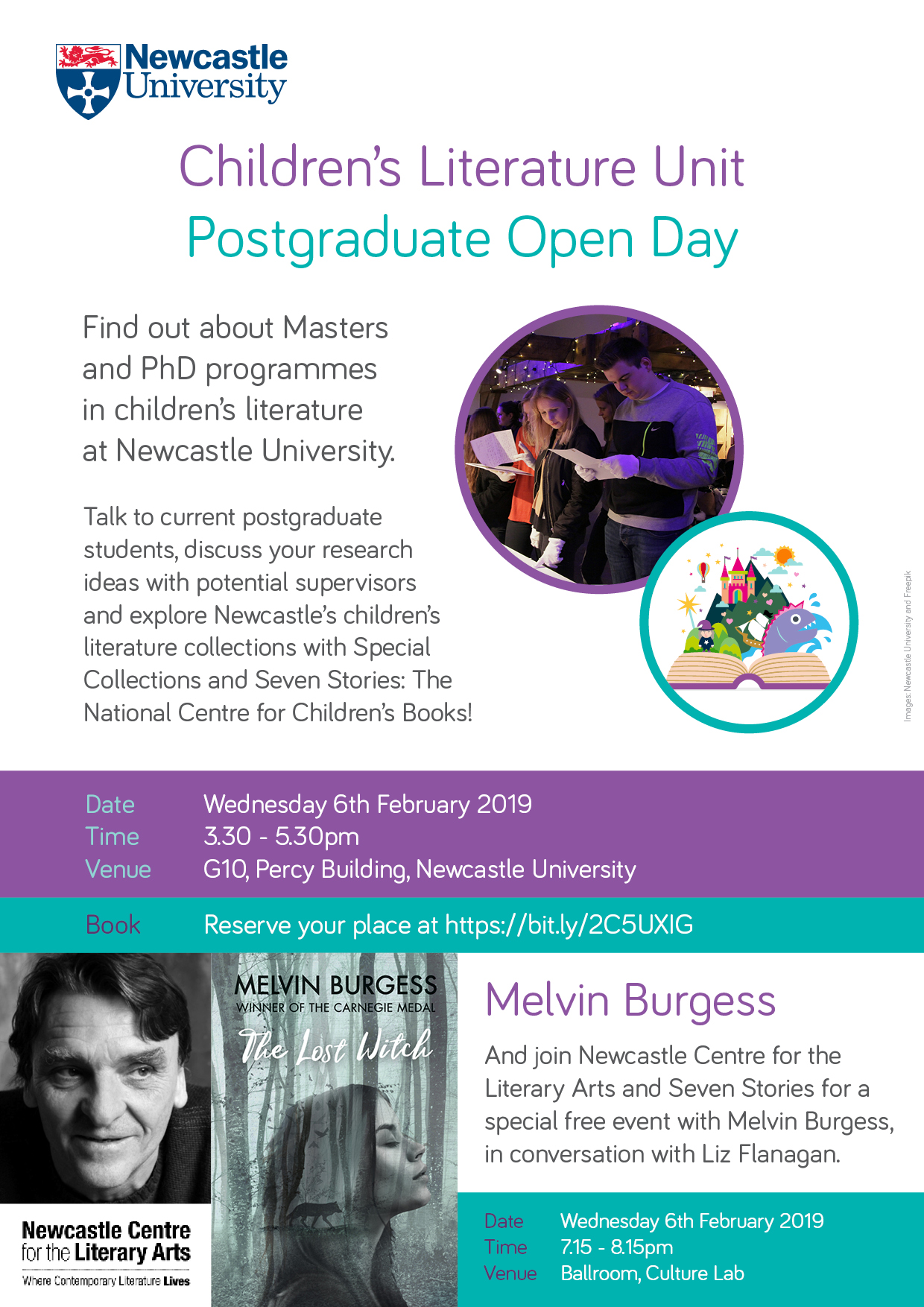
Tag: open day
An Evening with Brian Conaghan and Sarah Crossan
Liz Flanagan, teaching fellow in creative writing and author of Eden Summer (David Fickling Books, 2016), recently chaired an event at the School of English with Brian Conaghan and Sarah Crossan to explore their co-authored verse novel We Come Apart (Bloomsbury, 2017). Here are some of Liz’s thoughts on the evening.
I was delighted to chair this event. For me, Brian and Sarah are two of the most important contemporary YA authors, and I love the fearlessness of their writing, both in its form and content. They tackle urgent and complex subjects, while telling stories in unusual and innovative ways.
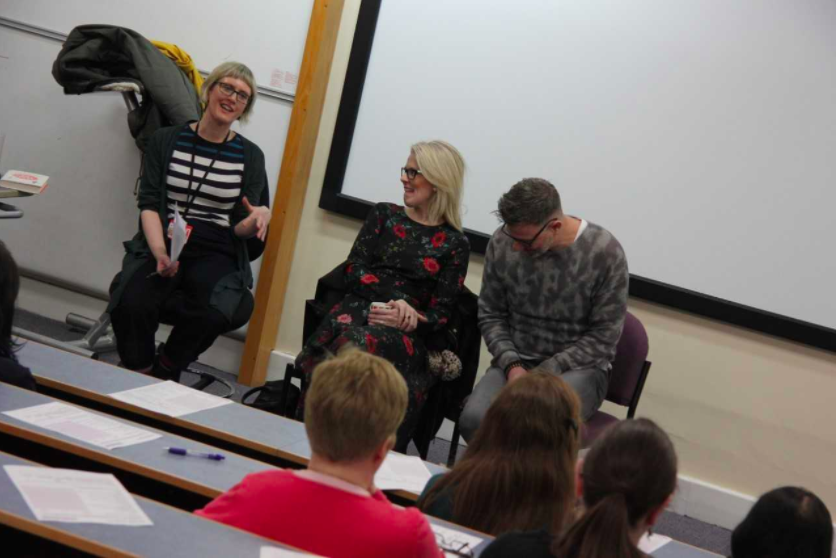
Sarah and Brian’s working relationship began at the award ceremony for the Carnegie Medal 2015, when Sarah was shortlisted for Apple and Rain, and Brian for When Mr Dog Bites. At that time, Brian was thinking of writing a novel in verse and he asked Sarah about the form. They began corresponding via WhatsApp, sending messages and chunks of text back and forth in what became a swiftly unfolding digital conversation. The whole novel was written this way, its authors working in different countries, not meeting in person until afterwards.
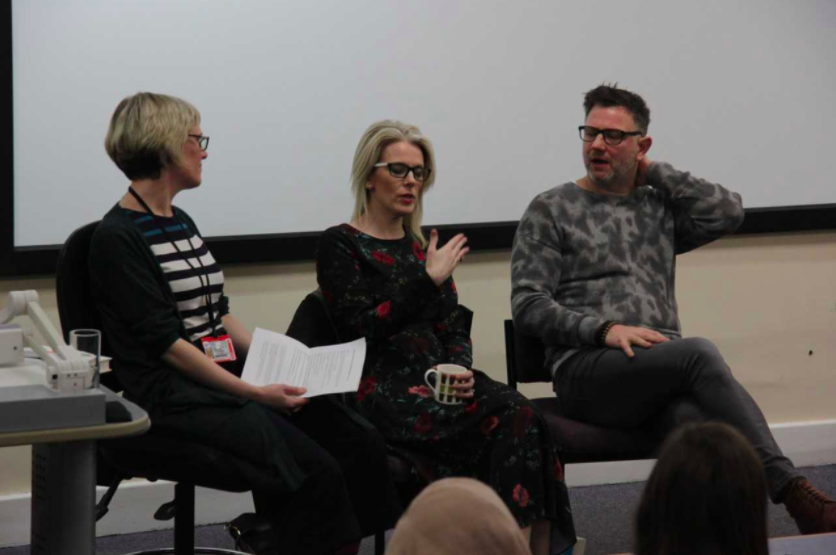
We Come Apart is a love story that doesn’t shy away from darkness and difficulty, beautifully told in verse, with two narrative voices. At the early draft stage, the authors each wrote a section and sent it to the other, in a kind of creative tennis match. At first, Brian wrote the character of Nicu and Sarah created Jess’s voice. Both authors spoke about how different this was from their usual creative process in having to relinquish control of planning and respond to what they received. They found the quality of their writing improved because they were working collaboratively. They also learned about their own process by seeing the differences in the other’s working style (it definitely sounded as if Sarah was more of a planner than Brian!). However, in the later editorial stages, the process slowed down, and both writers worked on each character’s sections. A love story seems perfect for this dual narrative approach, with its layered perspectives, so that each character is shown to be struggling via their own interiority, but is also seen with compassion and understanding through the eyes of the other.
The authors described their careful approach to the depiction of difficult topics such as the domestic violence of Jess’s home life. Sarah wanted to write the scenes just explicitly enough, so that any young person who had experienced similar abuse would recognise what was happening; but so that it wouldn’t be traumatic for those readers who weren’t yet ready to understand the violence of the situation.
I asked Brian and Sarah about the issue of writing in the voice of someone from an under-represented group: in this case, that of Nicu, who is Romanian, of Roma ancestry. Brian talked about his experience of working with Roma teenagers, and how that fed into the creation of Nicu’s speech patterns, and both authors cited the extensive research they’d undertaken. They discussed the importance of privileging and amplifying ‘own voices’ narratives, while also resisting the idea that, as writers, we can only create from our own lived experience.
The conclusion to We Come Apart feels nuanced and in keeping with the subtle balance of light and shade within the novel as a whole. Sarah spoke about one particular tantalising WhatsApp exchange as they approached the end. She could see the little dots told her ‘Brian is writing’, but it took long minutes for the response to appear. They finally wrote three versions of the ending. I had an odd experience on first reading the novel: I think the ghost of the ending not chosen was haunting my perceptions, and I was braced for a more brutal denouement that didn’t come. However, on second reading, I could more fully appreciate the satisfying end to Jess and Nicu’s story.
Inspired by speaking to Brian and Sarah, I now want to experiment with collaborative writing in my own practice. I’ve started a conversation with a writer I admire, intrigued by the potential for surprises and innovation that these authors describe, and I’ve also devised a workshop for collaborative writing that I’ve begun using in my teaching. I’m very grateful to Sarah Crossan and Brian Conaghan for sharing their experience of working together, and to Dr Lucy Pearson for inviting me to chair their conversation.
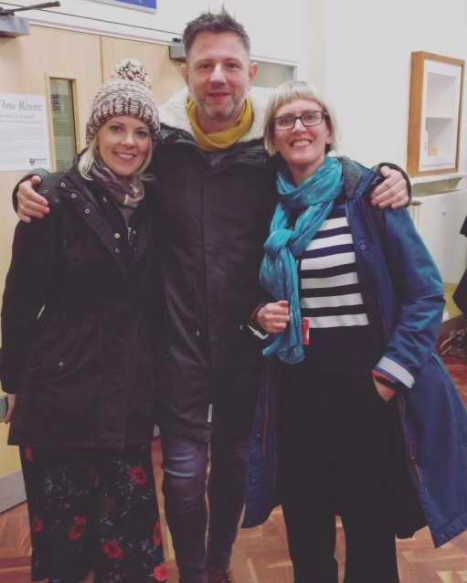
The event was organised as part of the Newcastle University Postgraduate Open Day, and presented in association with Seven Stories. Photographs by Rachel Pattinson.
An Invitation: Open Day at the Children’s Literature Unit
Wednesday 7th February, 3:30 – 5:30 pm
We would like to invite you to visit our Children’s Literature Unit on Wednesday 7th February 2018 from 3:30 to 5:30pm, as part of Newcastle University’s Postgraduate Open Day.
If you’re considering an MLitt, MPhil or PhD, come along and find out about studying children’s literature or creative writing for children and young people in Newcastle. Meet current students and discuss your research project with potential supervisors, and find out more about our outstanding research collections with staff from Special Collections and Seven Stories, the National Centre for Children’s Books.
Register your attendance for the afternoon here. We look forward to meeting you soon. In the meantime, you might like to read about last year’s Open Day.
We Come Apart with Sarah Crossan & Brian Conaghan
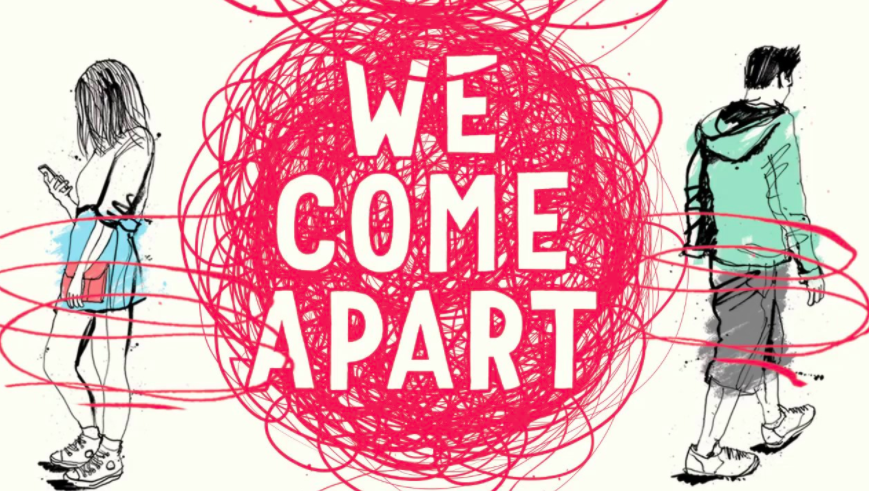
We would also like to invite you to the event We Come Apart with authors Sarah Crossan and Brian Conaghan, chaired by author and Teaching Fellow by Liz Flanagan. This event is free, and will be followed by a drinks reception and book signing. 6:30 – 8:00 pm. Find out more about the event and book your place here.
Postgraduate Open Day
Our second Children’s Literature Open Day for this academic year was held on February 8th 2017. It was a great chance to welcome visitors to Newcastle and to showcase the kind of work we do here at Newcastle. We were also lucky enough to welcome Costa Award-winner Frances Hardinge to Newcastle for a public event.
All about the Children’s Literature Unit
We kicked off with an introduction to the Children’s Literature Unit by Dr Lucy Pearson, who is just one of a great team of children’s literature scholars here at Newcastle. Professor Kimberley Reynolds (19th and 20th century children’s literature), Professor Matthew Grenby (18th century children’s literature), and Dr Pearson (modern and contemporary children’s literature) are at the heart of the Children’s Literature Unit, but they are joined by Creative Writing colleagues Ann Coburn and Zoe Cooper – both award-winning authors for children – and by a host of colleague whose work deals with children and childhood, including Professor Kate Chedgzoy (Renaissance childhoods), Dr Helen Freshwater (child performers and family theatre) and Dr Martin Dubois (Victorian nonsense rhyme and fantasy literature). This diverse team takes a whole range of approaches to children’s literature studies, but perhaps the most distinctive aspect of children’s literature at Newcastle is a common interest in historical approaches and book history. In different ways, CLU scholars are interested in how children’s books came to be and how they live in the world.
Alongside the staff who work in this area, there are of course our brilliant postgraduate students, who meet twice a month to share their work (and to create this blog!). Having a thriving group of scholars and students working on different aspects of children’s books means there is always someone to share your ideas with, a chance to learn something new, and a place to get a bit of moral support.
Studying at Newcastle
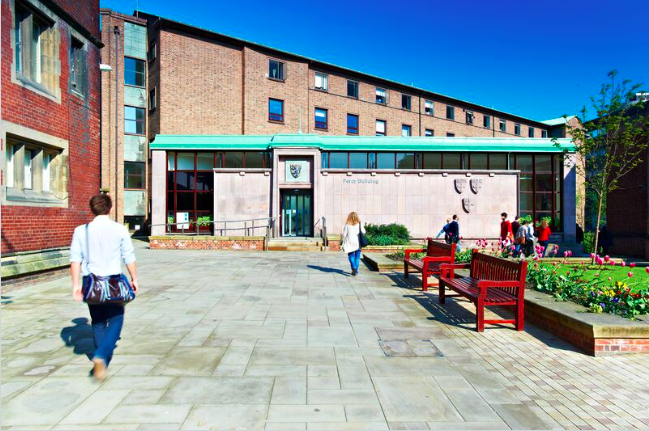
Two of our postgrads came along to share their experiences of Children’s Literature at Newcastle. Masters student Liam Owens spoke about the research he’s been doing on the MLitt in Children’s Literature. Liam says:
“Studying the MLitt is fantastic. It gives me the freedom to research the areas of children’s literature which interest me, and the structuring of the course means I’m able to write on as few or as many topics as I like. This term I’ve just completed a research assignment on the representation of the posthuman in the works of twice Carnegie winner, Patrick Ness. Now I’m in the middle of conducting research on digital story apps and arranging empirical research with a local primary school. Without the MLitt, I would never have been given the opportunity to research children’s literature in such diverse ways.”
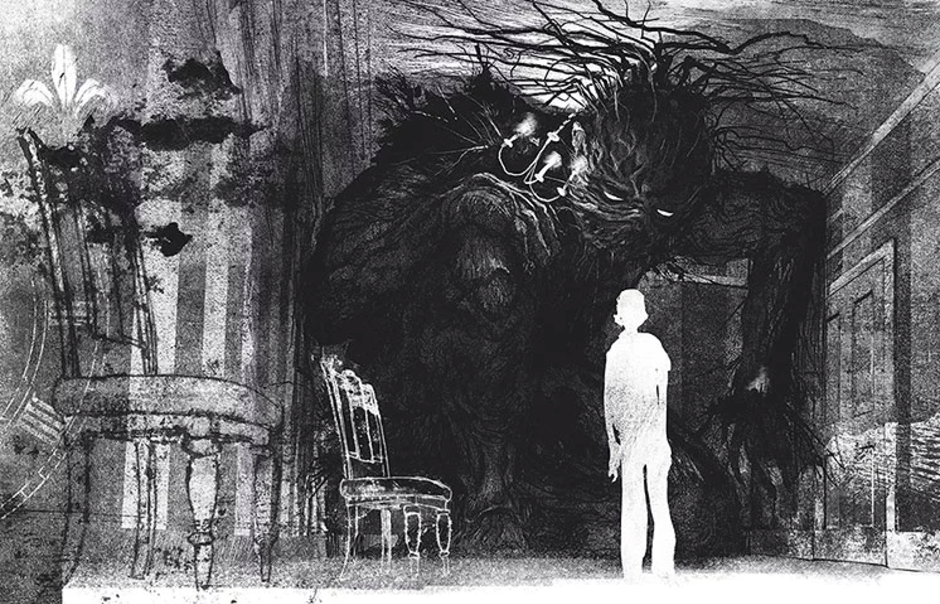
Lucy Stone spoke about her PhD research, which draws on the amazing archives at Seven Stories:
I was 13 and beginning to learn German when I first read Judith Kerr’s When Hitler Stole Pink Rabbit (1971). The story stuck with me over the years. It was at the University of Cambridge while I was undertaking an MPhil in Education that I learnt of Seven Stories here in Newcastle where Kerr donated, along with the manuscripts of her published picturebooks and novels, her childhood drawings, paintings and writings. I was struck by their colour, light and life, which appeared to be in contrast to the childhood of exile I understood Kerr to have led, despite the light and warmth infused in When Hitler Stole Pink Rabbit. Newcastle University works in close collaboration with Seven Stories and I was very fortunate to be awarded first a David Almond Fellowship and now a Research Excellence Academy Studentship to study the Collection and find out how and why Kerr’s juvenilia resounds with such joy and shows a humanity and remarkable talent.
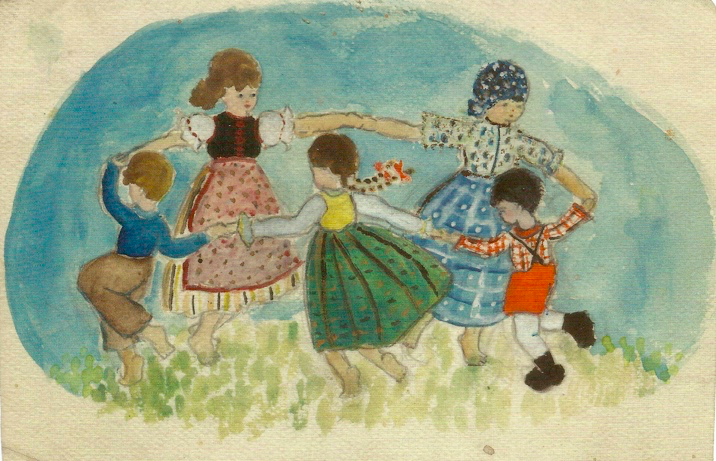
Seven Stories and the Robinson Library
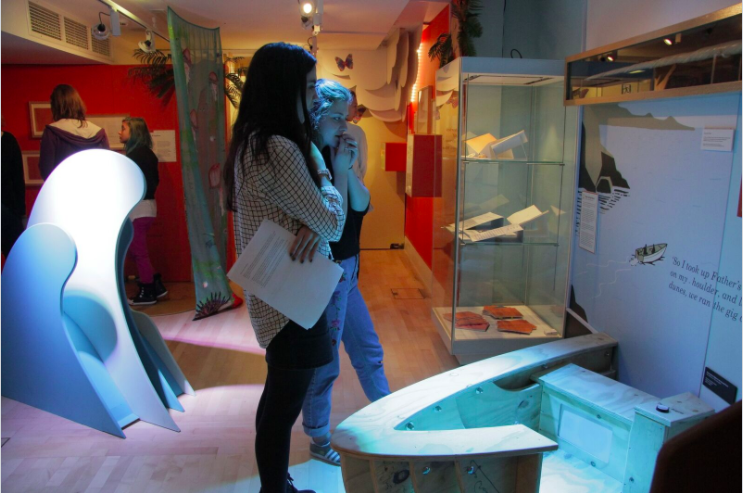
One of the most exciting aspects of working on children’s literature at Newcastle is our partnership with Seven Stories: the National Centre for Children’s Books. Archivist Kris McKie came along to share some details of the collection, which now represents over 250 authors and illustrators! You can explore the collection on the Seven Stories website, and if you’re interested in coming to work on archive material keep a look out for our annual David Almond Fellowships, which provide small bursaries to support work on the Seven Stories Collection.
The University’s Robinson Library also has fantastic children’s literature collections, including the Book Trust collection, and an extensive collection of modern and contemporary British children’s books.
Fantasy Worlds with Frances Hardinge
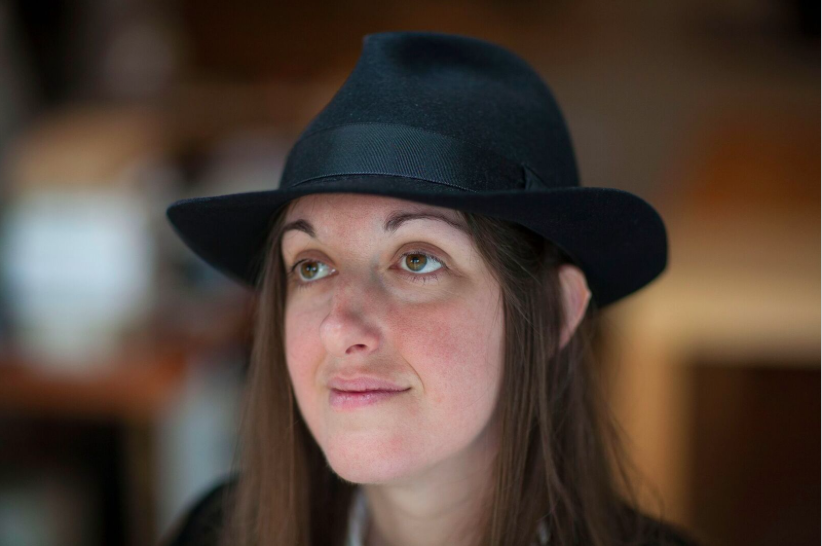
We were beyond thrilled to finish our Open Day with a fantastic event with Frances Hardinge! Frances’ books are favourites here in the Children’s Literature Unit and when our partners at Seven Stories suggested we might be able to invite her for a joint event we were very excited. The event was an in-conversation with PhD student Aishwarya Subramanian, whose research on British children’s fantasy after Empire has given her lots of thoughts on fantasy worlds and the way that authors play with them.
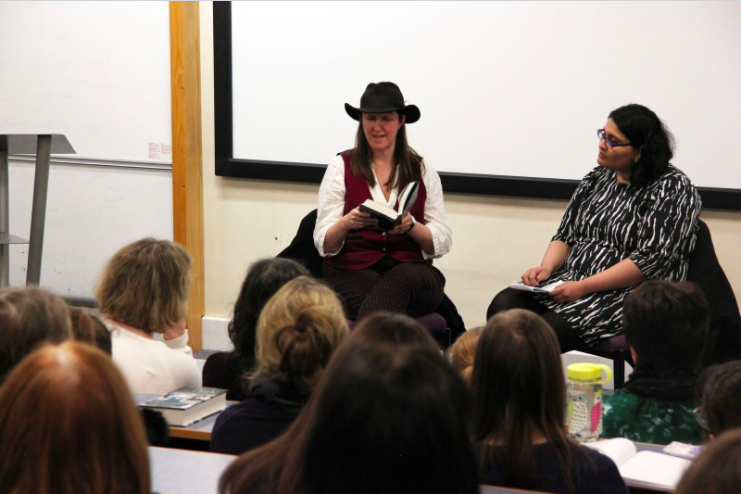
The discussion ranged from the role of the YA writer to the place of the fantasy author in our current political context. Frances spoke about her interest in times of transition: many of her books focus on historical moments of change (the impact of Darwinism in The Lie Tree; the aftermath of World War One in Cuckoo Song) or feature actual revolutions (Gullstruck Island and Twilight Robbery to name just two!). These ideas of transition seem especially relevant now, and Frances spoke about her desire to encourage readers to ask questions and the pleasure of writing for young people, who are naturally given to this.
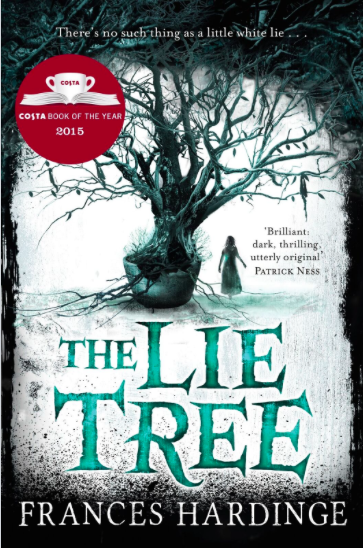
Frances also spoke about the flexibility of young readers, which affords her the opportunity to write books which don’t conform to any one genre. In merging genres, she also takes the opportunity to pull in lots of interesting ideas she’s picked up along the way – her approach to history was a great reminder of just how much fun research can be!
Perhaps the highlight of the evening was Frances’ spontaneous recitation of the whole of ‘Jabberwocky’, which was word perfect. The poem helped to instil a love of language in Frances at a young age – one which has gone on to enrich and enliven her books. We can’t wait to see which worlds she wanders into next, and whether she finds a good use for place names such as Clenchwarton (a small village in Norfolk).
Find out more
If you’re interested in studying children’s literature at Newcastle, find out more on our children’s literature pages or contact one of the Children’s Literature Unit. If you’d like to know about future public events, join our mailing list.
